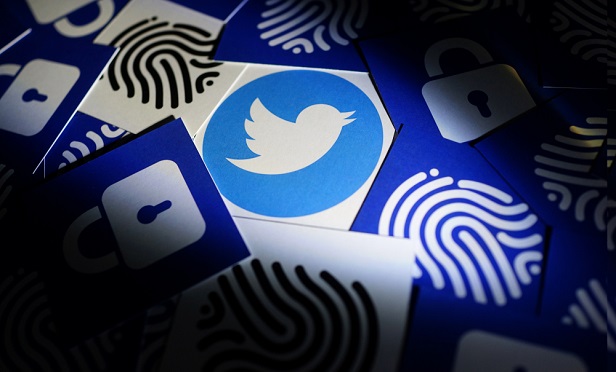 The IRA-linked bots were especially prolific in the spring and summer of 2017, when President Trump and Congressional Republicans mounted an effort to repeal Obamacare. (Photo: Shutterstock)
The IRA-linked bots were especially prolific in the spring and summer of 2017, when President Trump and Congressional Republicans mounted an effort to repeal Obamacare. (Photo: Shutterstock)
Twitter bots backed by the Russian government are wading into the U.S. health care debate in an attempt to amplify and exacerbate Americans' political divisions.
Clemson University researchers have identified about 600 Twitter profiles linked to the Internet Research Agency, a Russian firm, that have put out roughly 10,000 tweets since 2014 about the Affordable Care Act and other health care issues.
The bots have pushed both the conservative and liberal narratives about the ACA, composing tweets likely to be shared by partisans on both sides. However, they are more likely to push the conservative line. The researchers concluded that about 80 percent of the ACA-related tweets attacked the law.
Twitter has shut down the accounts, along with many others that have been flagged by Congressional investigators as linked to the Internet Research Agency, which is believed by U.S. intelligence agencies to be working on the behest of the Russian government to influence U.S. politics by sowing distrust among Americans of their political system.
The IRA-linked bots were especially prolific in the spring and summer of 2017, when President Trump and Congressional Republicans mounted an effort to repeal Obamacare.
Conversely, a year earlier, there was a surge of pro-ACA tweets from the bots.
Obamacare “was already an issue that divided America, and if Russians could throw fuel on the fire, it makes sense,” Sen. Susan Collins, R-Maine, tells the Wall Street Journal. “It's a systematic effort to weaken faith in our democracy. That's why it's so serious.”
Other cultural or political debates that Russian-backed Twitter trolls tend to highlight include NFL players kneeling during the national anthem, Black Lives Matter, Muslim refugees or Islam in general, and Hillary Clinton's emails.
Recently, a number of Twitter bots have been spreading anti-vaccine conspiracy theories. A study published in the Journal of the American Public Health Association analyzed Twitter accounts linked to a hashtag associated with Russian bots and concluded that many of the accounts aimed to “create false equivalency, eroding public consensus on vaccination.”
© 2025 ALM Global, LLC, All Rights Reserved. Request academic re-use from www.copyright.com. All other uses, submit a request to [email protected]. For more information visit Asset & Logo Licensing.







